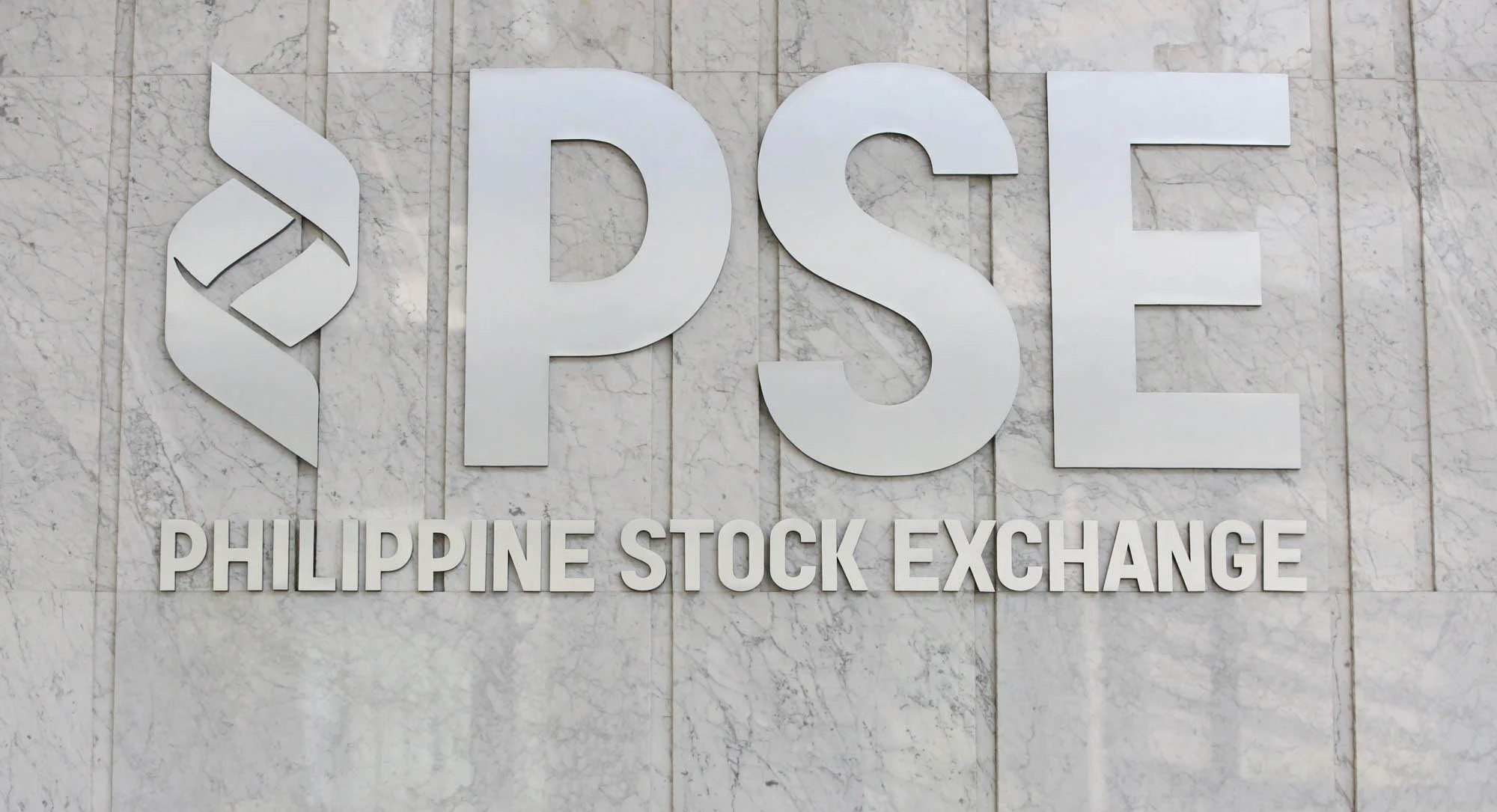
GOVERNMENT underspending impeded the Philippine economy's potential for higher growth in the first quarter of this year, analysts said.
Bank of the Philippine Islands senior economist Emilio Neri said the economy could have expanded by 6.4 percent in the first three months of the year if the government had ramped up spending.
He noted that the government "continues to underspend," with growth of government final consumption expenditure at just 1.9 percent after last year's disappointing 0.6-percent spending growth.
First quarter gross domestic product (GDP) expanded to 5.7 percent in the first quarter of this year — up from 5.5 percent in the last three months — but lower than the 6.4 percent recorded in the previous year and the 5.9-percent median in a Manila Times poll of economists.
All major economic sectors posted expansion during the period, with agriculture, forestry and fishing, and industry growing 0.4 percent, 5.1 percent, and 6.9 percent, respectively.
For his part, Pantheon Macroeconomics economist Miguel Chanco said that the stability offered by government spending in the first quarter is not consistent.
"The cushion provided by government spending in Q1 (first quarter) isn't reliable from one quarter to the next," Chanco said.
He observed that the budget authorities are facing challenges in meeting their recently adjusted target of a 5.6-percent budget deficit as a percentage of GDP for 2024.
Despite growth expanding below expectations, Chanco said that the first-quarter results were stronger than anticipated, leading to an upward revision of their full-year GDP growth forecast.
Growth projection was revised to 5.2 percent, up from 4.8 percent previously but still representing a drop from 5.6 percent last year.
Moreover, BMI Country Risk and Industry Research retained its growth forecast of 6.2 percent for this year.
"As we expected, domestic demand struggled in the first quarter... [with] fixed capital formation contributed just 0.5 percentage points (pp) to headline growth," BMI said.
"Meanwhile at 3.5 pp (percentage points), the contribution from private consumption was the lowest since 2011, excluding the pandemic," it added.
It emphasized that the improving labor market could drive growth in the upcoming quarter.
BMI indicated that they anticipate further declines in unemployment, which should bolster household income growth.
Read The Rest at :









